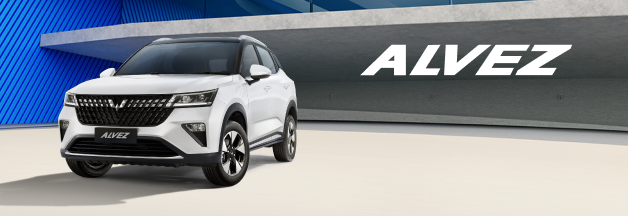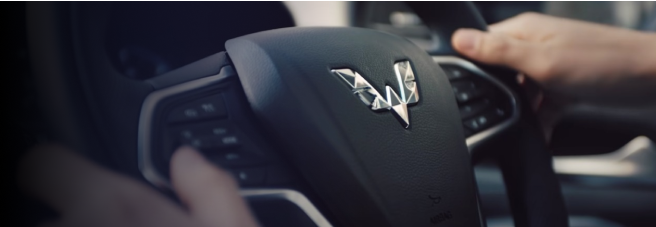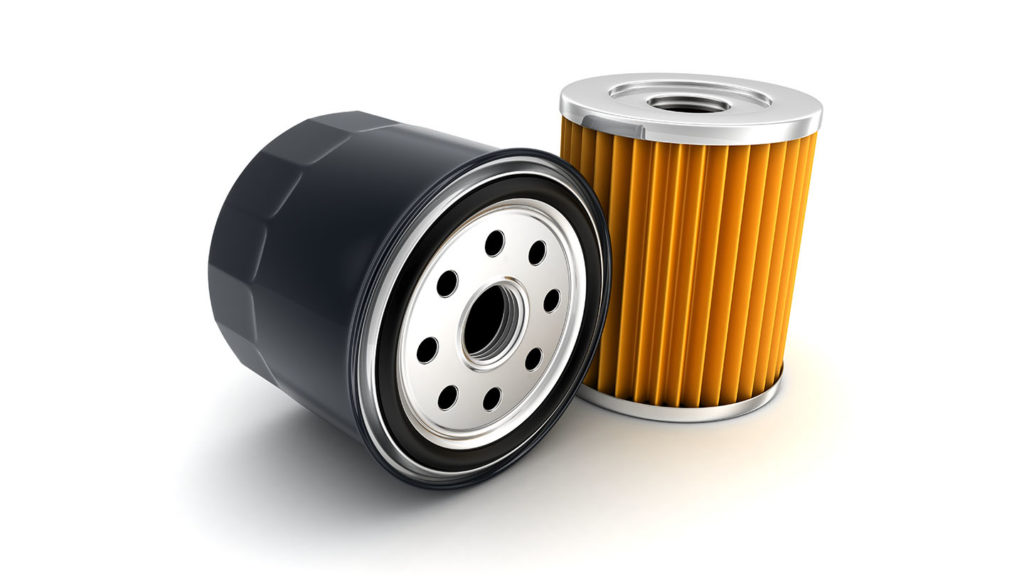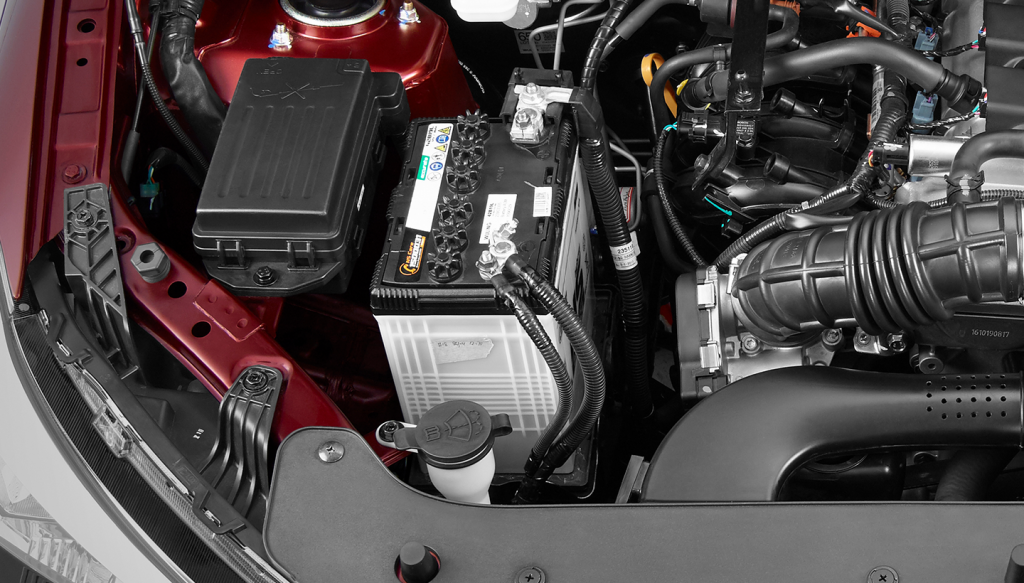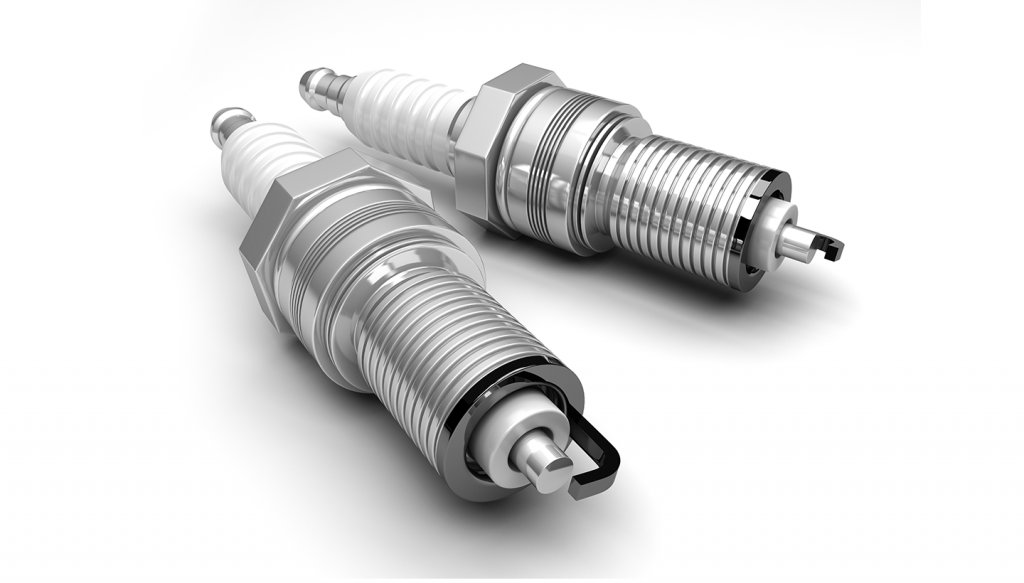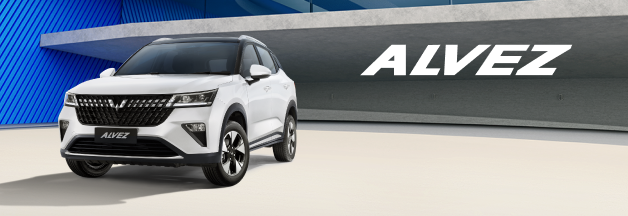
Car brakes are a very important component and can be called a vital component. This is because car brakes that function properly will make it easier for the driver to control the car when driving on the highway.
Imagine if the car's brakes were not functioning properly; of course, the driver would have difficulty reducing speed when a vehicle in front of him stopped. Likewise, when going through a turn, a fast car must reduce its speed so that it can turn safely.
Therefore, it is very important to always control the car's brakes before traveling. Because if you don't control your car's brakes, sometimes your car's brakes don't feel good. So that when the brake lever is pressed, the car's speed tends not to decrease.
Problems like this, if left unchecked, can cause very fatal danger. Therefore, as a car owner, you must know the causes of car brakes not working and how to overcome them. The following is a complete explanation of the causes of car brakes not working, how to deal with them, and tips for preventing them.
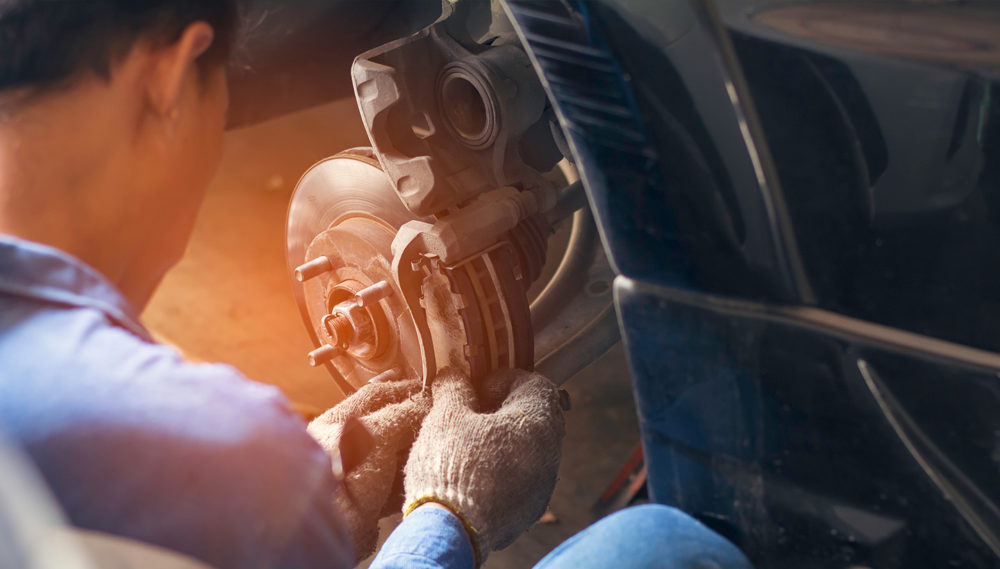
Reasons Why Car Brakes Don't Grip
Some of the reasons why car brakes don't work could be due to many factors. Several factors influence car brakes not working because the components are worn out and need to be replaced.
The following are the reasons why car brakes don't work:
-
Brake Canvass
When used for a long time, the brake pads can wear out, reduce the thickness, and erode the disc surface. Therefore, your car's brakes are less powerful or don't work at all, which is known as "brake failure." Worn brake pads are very dangerous. Replacing them with new, high-quality brake linings is the best solution.
-
Brake Fluid
Baca Juga
In braking, brake fluid functions to transmit pressure from the booster or brake pedal to the caliper. In this way, the brake pads press on the disc, reducing the car's speed until it stops.
-
Brake Booster
Car owners often think that brake boosters do not need to be repaired because they rarely have problems. However, it's a good idea to keep checking the condition of the brake booster.
The brake booster functions to provide greater pressure when you press the brake pedal, which makes it lighter and more responsive. Valve parts, which make it difficult to vacuum, are a common problem with these components.
In conditions like those above, the brake response will be slower, and the pedal will feel harder when pressed. If this happens, don't forget to check the brake booster.
-
Brake Settings
Some brake components usually need to be readjusted. This includes adjusting the distance between the disc and the brake lining to the pedal play distance. When servicing your car, don't forget to tell the mechanic if the brake settings have changed; if there are, they should be reset.
-
Brake Disc
When car discs are used longer, their quality can decrease due to the temperature and pressure that occur during braking. Additionally, uneven temperature and pressure are causes of wavy discs. As a result, brake performance will be disturbed and not optimal.
-
Vacuum Hose
A leaking vacuum hose also causes hard brakes. If you find brake fluid seepage in several places when the car is parked, you can identify this problem.
Therefore, it is very easy to find leaks in the vacuum hose. You should also check the area around the brake master to see if there are any leaks as well.
Baca Juga
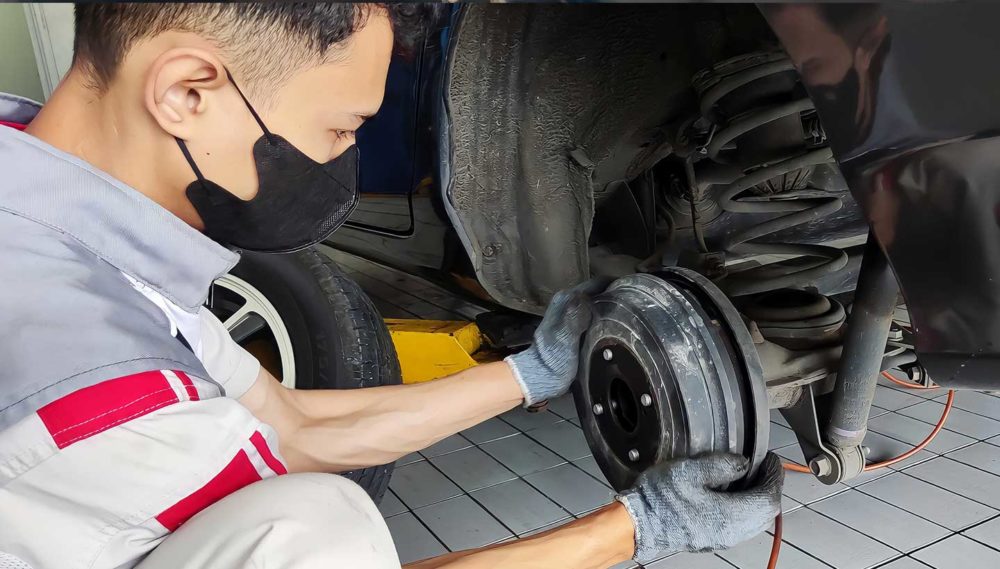
How to Deal with Car Brakes Not Gripping
To deal with car brakes that don't work, there are many ways, depending on the problematic component. Therefore, the first step to dealing with car brakes not working is to find out the cause first.
If the cause is known, you can overcome it in the following ways:
-
Replacing Brake Pads
If the brake pads are worn, you must immediately replace them with new ones. Make sure to use brake pads as recommended by the car manufacturer.
-
Refilling Brake Fluid
The way to deal with car brakes that don't work because the brake fluid is running low is to replace them with new brake fluid. This is because brake fluid decreases as the car is used.
-
Replacing the Brake Booster
If there is a problem with the brake booster, you can replace it with a new one. Because maintaining the old brake booster will actually make it difficult for you to brake.
-
Resetting Brakes
If the brakes on your car are no longer comfortable, for example, and the lever needs to be pressed very deeply, this is an indication that you need to readjust the brakes. Make sure to reset your brakes to make using them easier and more comfortable.
-
Replacing Brake Discs
Brake discs that have been eroded and wavy reduce braking function. Apart from that, it will make other components finish quickly, such as brake linings. To avoid bigger problems, it is better to replace the brake disc with a new one.
-
Replacing the Hose
Immediately replace the brake hose before a leak occurs.
Tips to Prevent Car Brakes from Not Gripping
Before the brakes fail, it would be better if the brakes were checked regularly. One way to prevent car brakes from not working is to have your car serviced regularly at an official repair shop.
Apart from that, you can do several things below to prevent your car's brakes from not working:
-
Check Brake Condition
Don't forget to always check the brakes for oil spills or seepage. If there is seepage, it means there is a leak in the drum brake area. Because brake fluid leaks can affect the braking force of the brakes against the wheels, do this regularly, especially during long journeys.
-
Clean Brakes
Some parts of a car's brakes need to be cleaned periodically. Usually there is dirt that clogs the oil hose or rust caused by temperature or after use. The way to clean it is very easy, namely rinse with clean water and a rag or drum brake brush so that the dirt is removed.
-
Check the Height of the Handbrake Lever
You can check it with the lever. If you hear a clicking sound above nine times when the brake is pulled, it means the handbrake is damaged or loose, and there is a possibility that the brake has failed. You must immediately take your car to a repair shop because there is a serious problem.
-
Make Sure There Is No Burning Smell
If you check your brakes and notice a burning smell, it could be a sign that there is an oil leak around the brake calipers. After 25,000 km, replace the brake pads to prevent brake disc friction which causes heat in the car's drum brakes.That is an explanation of the causes of car brakes not gripping and how to prevent them. After reading the review above, it will certainly give you a new understanding of caring for your favorite car. Always make sure that your car's brakes are in prime condition, so you can drive comfortably and safely on the road.
SHARE:










